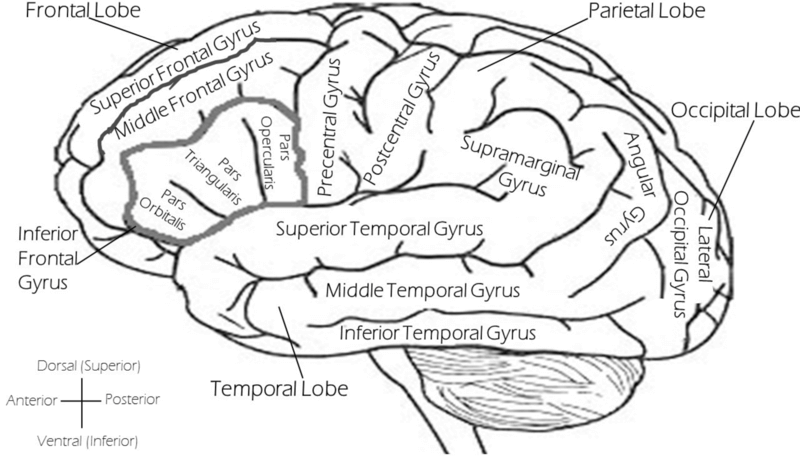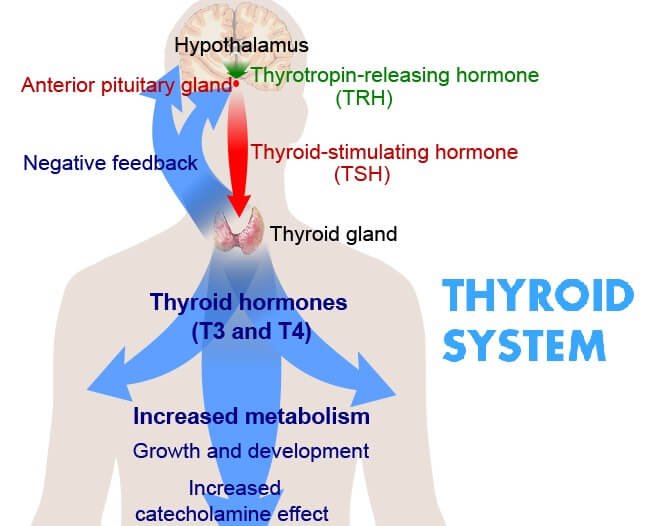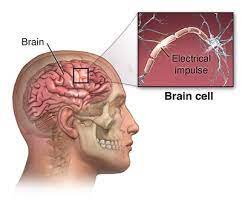Information on this site shall be considered as holistic, alternative and spiritual advice only. For medical advice and treatment a GP, medical professional and/or Certified Hijama Therapist should be consulted. In all circumstances where lifestyle changes, supplements, or other foods are suggested your GP should be consulted. Client Safety is the number one priority.
Hijama / Cupping Points Treatment Plan for Clinical Memory Loss
Allow 2-4 weeks between sessions – longer if required. Hijama Points shown for each session should ONLY be used to guide the therapist. Body size, cup size, and any other conditions need to considered and appropriate care and attention taken. The number of sessions shown can be increased or reduced depending on the condition of the client.
Complete Treatment Plan
Click here for Session 1Click here for Session 2
Click here for Session 3
Click here for Session 4
Use the standard hijama points as an additional or as separate standalone sessions.
Standard Wet Points – 39
Click here for Hijama Points on the head and faceIf the client has a complicated history and numerous concerns then it is a good idea to use our online consultation service – click here.
Which body part or function is involved in Clinical Memory Loss?
The brain is the most complex and major organ present in the human body that controls all of the body functions. It is composed of over 100 billion nerves that are involved in communicating through synapses. The brain is divided into various parts essentially acting together to perform body functions.
- Cortex – This is the outermost layer of the brain that is involved in thinking and voluntary movement.
- Basal Ganglia – It consists of clustered structures in the brain center that functions in coordinating the messages from different brain parts.
- Brain Stem – It is the part that connects the cerebrum of the brain to the spinal cord and consists of parts like the midbrain, medulla oblongata, and pons. Its function is to control sleep and breathing.
- Cerebellum – It is present at the back of the lower brain part and functions in coordination and balance of the body. Memory is an essential process for human survival it is a process of acquiring, storing, retaining, and then being able to retrieve the stored information when required. The parts of the brain that are involved in the memory process mainly include the hippocampus, amygdala, prefrontal cortex and cerebellum.
- Hippocampus – It is the part of the brain that is involved in the processing and retrieving of two types of memories including declarative memory and spatial relationship memory. Declarative memory is related to facts and events like memorizing a lesson or speech, while spatial memory is associated with routs and pathways like when a person learns a route through a city. Hippocampus is part of the brain where short-term memory is converted into long-term memory.
- Amygdala– This almond-shaped structure is present in the temporal lobe of the brain and plays a role in strong emotional memories like love, grief, and joy. These emotional memories are mostly unforgettable and suggest the interaction of the amygdala with the hippocampus and brain cortex to stably retain these memories over time.
- Prefrontal cortex – It plays role in working memory by encoding the tasks-related information.
- Cerebellum – The cerebellum and prefrontal cortex are interconnected parts of the brain and perform functions in cognition, decision, and movement control.

What are the symptoms and effects of Clinical Memory Loss on the body?
Clinical memory loss also called amnesia is a condition of unusual forgetfulness where the affected person does not remember past memories or recall new events. The memory loss can be of short period that may resolve over time or it may be permanent and get more severe with time depending on the causes. Memory loss if get more severe can interfere with routine activities. Two types of memories are important in humans.
Short-term Memory loss
This is also called active memory that involves the information that is currently being processed or that we are thinking about and these memories are quickly forgotten. Forgetting things that a person has recently saw, did or heard is called short-term memory loss it is considered normal and common among the aging population.
Long-term memory loss
This refers to the information that we continuously store without being conscious or aware of it and it can be recalled when needed. When a person has difficulty recalling the information when needed it is called long-term memory loss and common among older people.
There are various causes of memory loss in humans and it is normal to forget things or difficulty in learning new things as a person ages. But in cases where sudden memory loss occurs may indicate some serious health conditions or damage to any of the memory-related brain regions.
Brain damage can be caused due to some injury or other conditions like:
- Head trauma
- Brain tumor or use of radiation therapy or chemotherapy to treat the cancer
- A lasting heart or breathing problem that deprives the brain cells of getting enough oxygen
- Multiple sclerosis
- Brain infections
- Brain surgery or major illness
- Hydrocephalus
- Dementia
- Sports or accident-related concussions
- Transient ischemic attack (TIA) or stroke
Memory loss can also occur due to some major mental health issues like going through a major stressful event or trauma, depression, bipolar disorder, or schizophrenia. Moreover, memory loss may also indicate dementia that causes problems in thinking, judgment, behavior, and language. The types of dementia that causes memory loss include:
- Normal-pressure hydrocephalus
- Alzheimer’s disease
- Fronto-temporal dementia
- Lewy body dementia
- Mad cow disease
The other causes of memory loss may include:
- Alcohol consumption
- Drugs
- Lack of proper sleep
- Infections like syphilis, Lyme disease, AIDS
- Epilepsy
- Thyroid malfunction
- Diseases that cause loss of brain cells or damage brain tissues including Huntington’s disease, multiple sclerosis, Parkinson’s disease.
- Misuse of certain medicines
- Electroconvulsive therapy
- Lack of proper nutrients and vitamins

What changes in diet can help improve symptoms of Clinical Memory Loss?
Certain foods are important for a healthy brain and improve functions like memory and thinking and information processing. These include eating fatty fish, eggs, pumpkin seeds, blueberries, oranges, coffee, dark chocolate, broccoli, turmeric, nuts, green tea. Food rich in antioxidants like fresh fruits and vegetables are good for brain health and protect it from damage by the ROS.
Changes in lifestyle which can help Clinical Memory Loss
Lifestyle play important role in how our brain functions and our ability to store information and recall it when needed. Make some changes in the lifestyle can improve these functions.
- Less intake of added sugar
- Taking Omega-3 or fish oil supplements
- Meditation
- Less alcohol intake
- Keep your weight in a healthy range
- Taking proper rest and sleep
- Low intake of refined carbs
- Practicing mindfulness to lower stress and improving memory
Possible alternative remedies for Clinical Memory Loss
There are some herbs and spices that are associated with improving brain health and memory function. Various research findings have also suggested the use of some spices and herbs for improving Alzheimer’s disease and also cognitive functions. The herbs and spices good for the brain include:
- Sage
- Turmeric
- Ashwagandha
- Lemon balm
- Ginkgo biloba
- Ginseng
- Gotu kola




